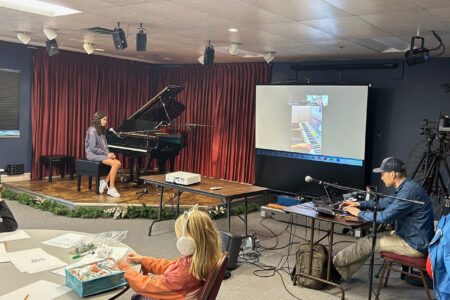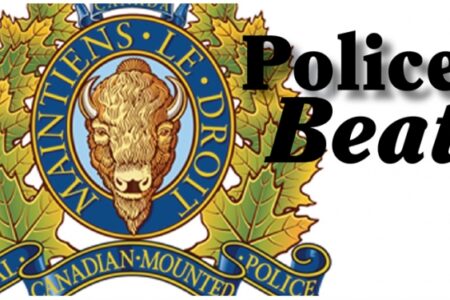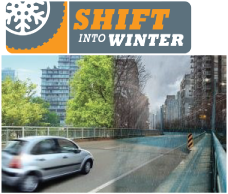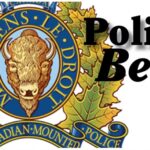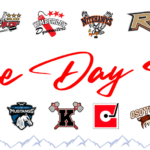Composting in Bear Country
by Rachel Roussin
Composting is a great way to reduce household waste and bears are generally only attracted to composts that have strong odours. If composts are healthy and managed right, they shouldn’t ‘stink’ and therefore should not attract bears or other animals.
Because we live in bear country it is not recommended that foods containing oil go into your compost such as leftovers, meat or dairy as these foods have strong odours. Organic material such as vegetable scraps, fruit, leaves and grass cuttings are all good ingredients for your compost and will break down efficiently as long as there is oxygen, nitrogen water, and carbon.
Carbon-rich materials are brown matter like dead leaves, straw, sticks and sawdust. Nitrogen-rich ‘green materials’ are things like grass clippings, veggies, fruit and coffee grounds.
Composting can actually help save Kootenay residents money in the future as the local landfill is quickly reaching capacity and to relocate and prepare another site will cost tax payers between five and ten million dollars. Approximately forty percent of material going to the landfill is organic material that can be composted and this does not include the landfill’s compost pile.
Organic material doesn’t breakdown in the landfill the same way that it does in a compost pile. It breaks down anaerobically and gives off methane, a toxic green house gas. Methane is flammable and can cause landfill fires.
Composting is a good way for us all to reduce our environmental footprint.
Editor’s Note: in celebration of waste reduction week there will be a free composting workshop at the Scoot Café, 1364 Bay Ave, Trail, on Wednesday October 22d at 6:30 pm. Tim Dueck from the Regional District will be giving tips on how to manage a healthy compost and Rachael Roussin from Bear Aware will be speaking about managing bear attractants.


